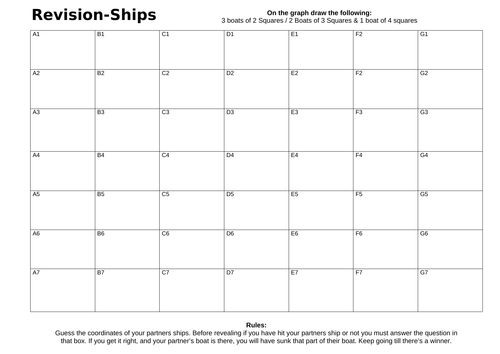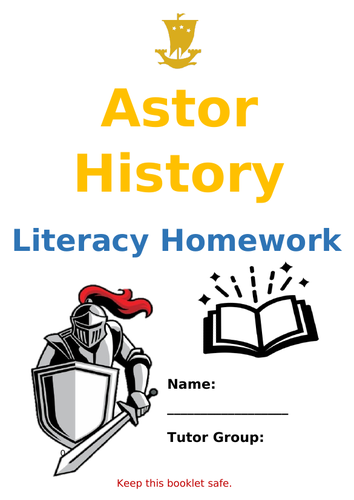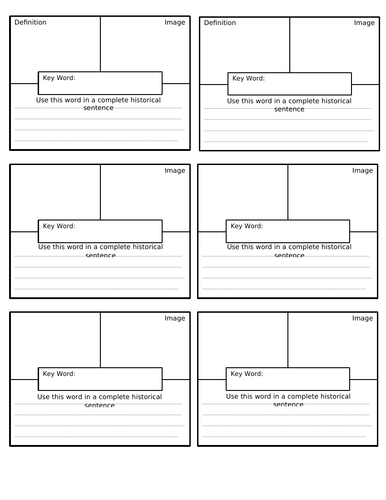History Hacks
Welcome to History Hacks, where history comes alive! 🌟 Discover expertly crafted GCSE and KS3 history lessons meticulously designed by a qualified history teacher with a passion for education. Dive into ann engaging curriculum that not only covers all the key skills and disciplinary knowledge required by Edexcel but also sparks creativity and excitement in every student. From captivating storytelling to interactive activities, my lessons are tailored to make history a thrilling adventure.










